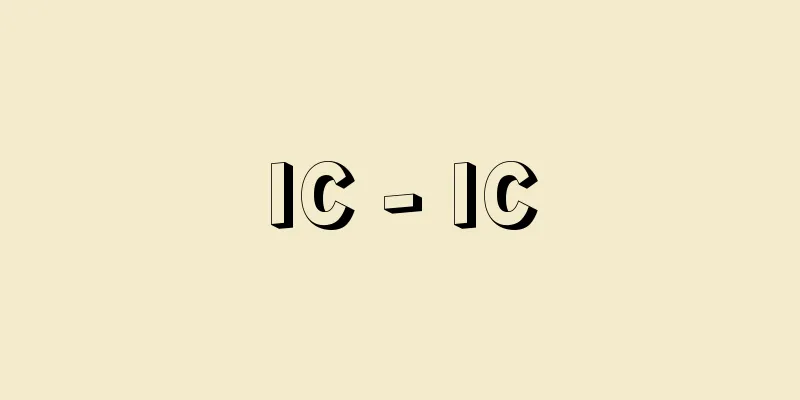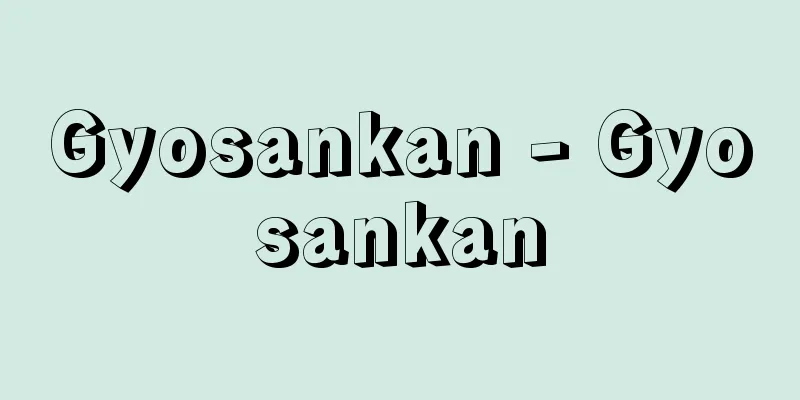Pavlov (English spelling) Ivan Petrovich Pavlov

|
Russian physiologist. Born on September 14th to a pastor in Ryazani, central Russia. After receiving a church education, he studied at St. Petersburg University, and in 1875 entered the Army Medical School to study medicine. He worked as an assistant in the physiological laboratory of the Veterinary Institute, and in 1878 he became the head of physiological research at the clinical laboratory of Sergey Petrovich Botkin (1832-1889). He graduated in 1879 with a gold medal and immediately received a two-year scholarship to continue his research on blood circulation, digestion, and pharmacology in Botkin's laboratory. During this time he studied under Rudolf Heidenhain (1834-1897), professor of physiology at the University of Breslau, for two years, and then under Ludwig Heidenhain, professor of physiology at the University of Leipzig, from 1884 to 1886. In 1890 he was appointed professor of pharmacology at the Military Medical School, and in 1895 he became professor of physiology at the same school, where he headed the physiology department for the next 30 years, until he resigned in 1924. During this time, the Institute of Experimental Medicine was newly established in 1891, and he was made head of its physiological research department, a position he held concurrently for the rest of his life, 45 years later. His brilliant achievements were his research on the digestive glands and conditioned reflexes. He improved Heidenhain's small stomach method and devised a small stomach method without damaging the nerves, which made it possible to collect pure gastric juice. Using this method, he created a small stomach (gastrostomy), esophageal fistula, parotid fistula, and pancreatic fistula, and studied unconditioned (congenital) and conditioned (acquired) reflex secretion of digestive juice, founding and developing the science of conditioned reflexes. This research on conditioned reflexes contributed to the study of the physiological functions of the cerebrum. Since 1889, he has published one achievement after another, and his early notable papers on the digestive glands include ``A method for the innervated small stomach'' (1894), ``Collection of pure gastric juice by gastric and esophageal fistula'' (1895), and ``Olfaction induces gastric juice secretion'' (1898). In 1904, he was awarded the Nobel Prize in Physiology or Medicine for his ``studies on the physiology of digestion.'' His representative works include "Lectures on the Theory of Conditioned Reflexes" (1928), "Lectures on the Functions of Both Cerebral Hemispheres" (1927), and "Twenty Years of Research on Conditioned Reflexes" (1932), which have been translated into various languages. Pavlov had many students from all over the world, including Speransky. He was also invited to give lectures on conditioned reflexes and cerebral physiology in England, France, Switzerland, and other places. He died in Leningrad (St. Petersburg) on February 27, 1936. [Nakayama Waka] "The Theory of Conditioned Reflexes, translated by Lin Jiang, 3 volumes (Shincho Bunko)" [References] | | | |Source: Shogakukan Encyclopedia Nipponica About Encyclopedia Nipponica Information | Legend |
|
ロシアの生理学者。9月14日、中央ロシアのリャザニの牧師の子に生まれる。教会で教育を受けたのち、ペテルブルグ大学で学び、1875年陸軍軍医学校に入り医学を学んだ。かたわら獣医学研究所生理学研究室で助手として働き、ついで1878年ボトキンСергей Петрович Боткин/Sergey Petrovich Botkin(1832―1889)の臨床研究室で主任格として生理学研究に従事した。1879年、金メダルを受賞して卒業、ただちに2年間の奨学金を得て、引き続きボトキンの研究室で、血液循環、消化、薬理学的研究を行った。そしてこの間にブレスラウ大学の生理学教授ハイデンハインRudolf Heidenhain(1834―1897)のもとで2年間、続いて1884年から1886年はライプツィヒ大学生理学教授ルートウィヒに師事した。1890年軍医学校の薬理学教授に任命され、1895年同校生理学教授となり、以後30年間生理学教室を主宰し、1924年辞任した。この間1891年に実験医学研究所が新設され、その生理学研究部門の主任に迎えられ、現職を兼務し、このほうは生涯を終えるまで45年間務めた。 彼の輝かしい業績は消化腺(せん)および条件反射の研究である。ハイデンハインの小胃法を改良し、神経無傷の小胃法を考案し、純粋胃液の採集を可能にした。この方法で、小胃(胃瘻(ろう))、食道瘻、耳下腺瘻(せんろう)、膵瘻(すいろう)を作成し、無条件(先天性)反射および条件(後天性)反射性の消化液分泌の研究を行い、条件反射学を創始、発展させた。この条件反射の研究は、大脳の生理機能を研究するうえで重要な手段として貢献した。1889年以来次々と業績を発表、消化腺に関する初期の著名な論文として『神経支配のある小胃法』(1894)、『胃および食道瘻による純粋胃液の採集』(1895)、『嗅覚(きゅうかく)は胃液分泌を引き起こす』(1898)などがあり、1904年「消化の生理に関する研究」でノーベル医学生理学賞を授与された。代表的著書として『条件反射学講義』(1928)、『大脳両半球の働きについての講義』(1927)、『条件反射研究の20年』(1932)などがあり、各国語に翻訳されている。 パブロフのもとには世界各国からの入門者が相次ぎ、スペランスキーをはじめ多くの俊英が輩出した。また招かれて、イギリス、フランス、スイスなど各地で条件反射や大脳生理に関する講演を行った。1936年2月27日レニングラード(サンクト・ペテルブルグ)で死去。 [中山 沃] 『林髞訳『条件反射学』全3冊(新潮文庫)』 [参照項目] | | | |出典 小学館 日本大百科全書(ニッポニカ)日本大百科全書(ニッポニカ)について 情報 | 凡例 |
<<: Pavlov Institute of Physiology - Pavlov Institute of Physiology
>>: Pavlodar (English spelling)
Recommend
Kainayama
This mountain is located in Nishiiyayama Village,...
Balanced polymorphism
...A genetic polymorphism is when there is a muta...
Horse weevil - Horse weevil
A general term for insects belonging to the family...
Autumn season - Kishu
〘Noun〙 ("season" means the end) The end ...
Truffle - toryufu (English spelling) truffe French
A general term for truffles in cooking. They are ...
Hot Spring Festival
...It is said that moxibustion during the Doyo se...
Overpayment - Kago no ukin
A general term for overpayments and erroneous paym...
Temporary palace (Ordo) - Angu
…By extension, it is also used to mean the imperi...
Toyozou Arakawa
Ceramicist. Born on March 17, 1894, to Yozaemon K...
Utagawa Kuninao - Utagawa Kuninao
Year of death: June 28, 1854 (July 22, 1854) Year ...
kintract
...The basic function of a Japanese family and a ...
transaction
...In the narrow sense, a business transaction re...
Zushi
In ancient and medieval times, they were lower-ra...
Kathleen Ni Houlihan
…In collaboration with his patron Mrs. Gregory, h...
The Brockhaus Encyclopedia - The Brockhaus Encyclopedia (English)
Germany's leading encyclopedia. Published by ...









